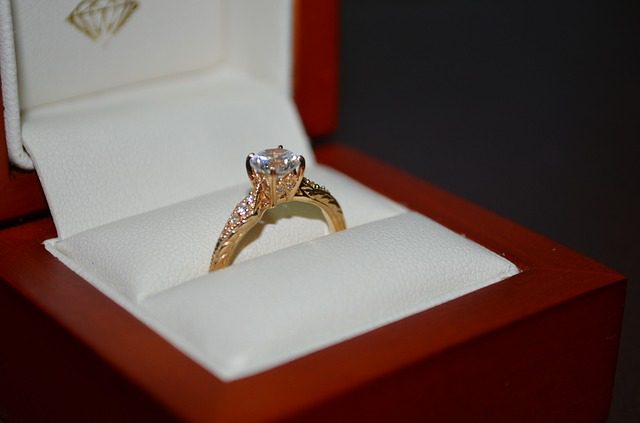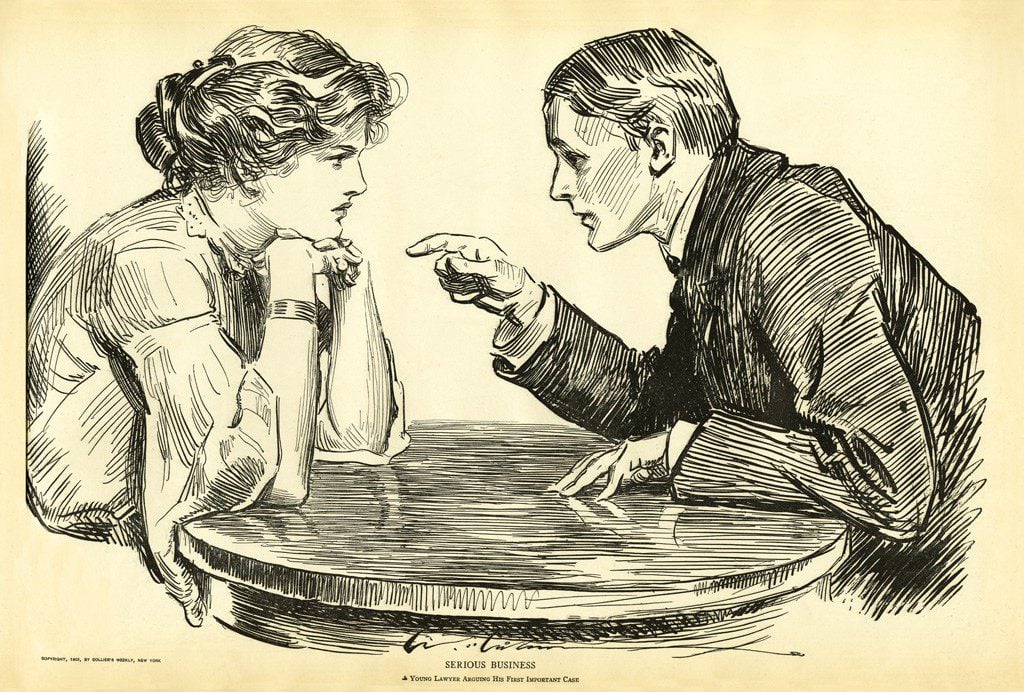![By Jeff Belmonte from Cuiabá, Brazil (Flickr) [CC BY 2.0 (http://creativecommons.org/licenses/by/2.0)], via Wikimedia Commons](https://wp-media.patheos.com/blogs/sites/533/2015/03/Wedding_rings.jpg)
Nicholas Kristoff has a column in the New York Times on child marriage — not in some far-off country, but here, in the United States.
This is not the first time there’s been recent reporting on it. And when I first came across it, my instinct was to rationalize: surely those under-18 marriages are mostly 17 year olds, and live in communities where no one expects to go to college anyway, and where older teens are considered fully adult in ways that used to be the norm everywhere. Surely the data on very young brides is out of date, and they’re so few in number that no real conclusions can be drawn from any of it: a few girls in FLDS-like cults whose lives wouldn’t be any different if their parents had obliged them to “marry” without legal recognition than with. And is a married 16 year old mother any worse off than a unmarried one? After all, the difference between “our” teen brides and “their” teen brides is that in the US, marriage is a way of managing teen pregnancies and ensuring the father does his duty, but elsewhere, teen marriage is outright encouraged by society.
Which are all pretty lousy rationalizations.
Child support laws and social pressure within the community should be sufficient to push fathers to caring for their children. Marriage laws in which children can marry with parental permission affirm the cult’s belief and lead those girls to think that what’s happened to them is OK. And even if only a small number of children are affected, it’s still a law that should be removed from the books.
Why, then, not immediate horror? I suspect, in part, because of this fear that awareness of the problem will lead non-Christians to say, “see, this is what Christians do. This is the inevitable consequence of believing that premarital sex is wrong. This proves that they’re bad people.” I mean, look, how many more likes and shares does Patheos Atheist (now the Nonreligious channel) get than the rest of us, because those blogs delight in sharing stories about Bad Christians?
In the same way, the story about the Christian high school that wouldn’t let a pregnant student walk across the state at graduation — well, part of my reaction isn’t just “this is bad” but “this makes Christians look bad!” (Though note that many, many individual Christians, pro-life groups, and Christian groups of whatever kind are speaking up against this.)
And I suspect that, though I labelled this as “instinct,” this is in fact, at least in part, the underlying motivation when lawmakers reject changing the law so that minors, who are not able to make any other sort of contractual-type decision, would no longer be permitted to make this life decision either, and that parents may not make this decision on behalf of their minor children since, after all, this is something with far greater consequences than other decisions.
This isn’t right, of course. But that discomfort with these statistics, the desire to rationalize them away, also provides a bit of a sense that this is how Muslims feel when they’re called upon to condemn terrorists. It’s the right thing to do. It’s the responsible thing to do. And yet it feels unfair to be called upon to do so. What, after all, do I have in common with a family attending a rural fundamentalist church, where the women wear dresses every day (or denim skirts) and maybe headscarves to boot? Who am I to be telling them what to do, or condemning their culture, even if their notions of marriage at 16 or 17 is out of step with mainstream American culture? They have nothing to do with me, right?
It’s not simple, that’s for sure.
Image: By Jeff Belmonte from Cuiabá, Brazil (Flickr) [CC BY 2.0 (http://creativecommons.org/licenses/by/2.0)], via Wikimedia Commons

















